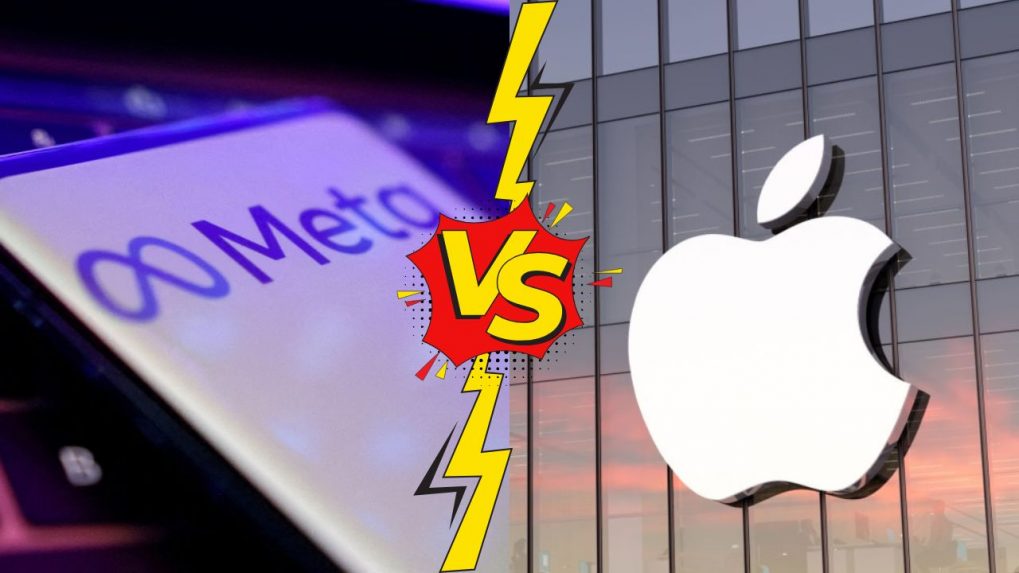Brand Makers
Dil Ka Jod Hai, Tootega Nahin

Meta has disabled Apple Intelligence features across its major iOS apps, Facebook, Instagram, WhatsApp and Threads, signaling a new flashpoint in the ongoing turf war between the two tech giants over control of AI experiences on mobile.
While Apple’s latest AI suite, Apple Intelligence, is designed to be a seamless, system-wide upgrade for iPhone and iPad users, offering tools like smart text editing and custom emoji generation (Genmoji), Meta has opted out entirely. That means no Writing Tools, no Genmoji, and even a rollback of sticker and Memoji integrations within Instagram Stories.
The decision, first spotted by Sorcererhat Tech, comes without any official comment from Meta, but the implications are clear: Meta wants its AI, not Apple’s, in the driver's seat. With Meta AI already woven into the fabric of its platforms, offering similar generative features, the company seems determined to keep users within its ecosystem of tools, possibly to maintain control over data, engagement, and brand loyalty.
Meta and Apple have had a frosty relationship for years, clashing over privacy, App Store economics and ad tracking policies. Their recent failed talks about integrating Meta’s Llama model into Apple Intelligence, reportedly over privacy concerns, only underscore the widening rift.
With AI now the next big battleground, Meta’s move to wall off Apple’s tools may be a glimpse into a broader trend: tech giants siloing their AI ecosystems to maintain dominance. As users expect smarter, more integrated experiences, these platform wars could mean more fragmentation ahead—especially when competing visions of privacy and control are at stake.
"The raucous, almost deafening, cuss words from the heartland that Piyush Pandey used with gay abandon turned things upside down in the old world order."
Read MoreFrom OpenAI’s ChatGPT-powered Atlas to Microsoft’s Copilot-enabled Edge, a new generation of AI-first browsers is transforming how people search, surf and interact online — and reshaping the future of digital advertising.